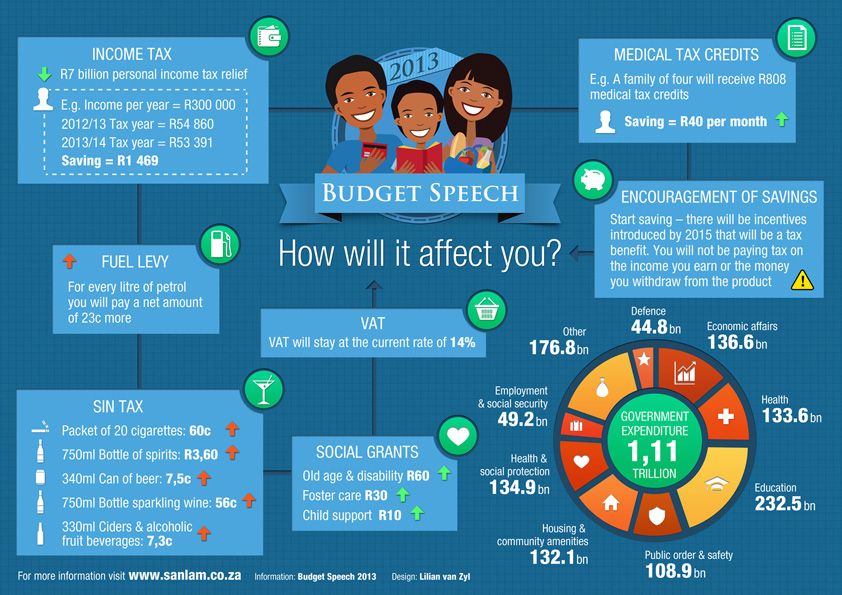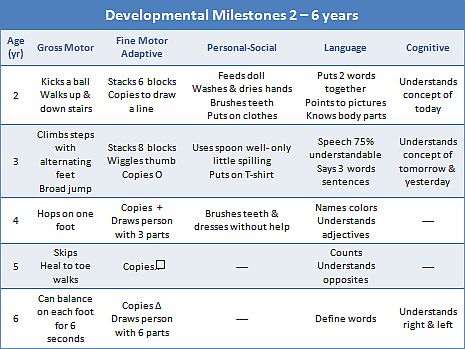How to deal with a child that does not listen
Is There a Way to Discipline a Child Who Just Won’t Listen?
Tanya J. Peterson
Trying to figure out how to discipline a child that won’t listen is common parenting issue. It can feel like the more you try to get your child to listen, the more stubborn they become. The result is often a stand-off. The greatest casualty is a positive, loving relationship. It doesn’t have to stay this way. There are ways to discipline a child who won’t listen; even better, you can guide them so they listen willingly the first time you need them to do something.
How to Discipline a Child That Won’t Listen: Build a Positive Relationship
The way to get a child to listen has less to do with getting them to follow orders right now and more to do with building the type of parent-child relationship in which kids willingly listen. Of course, you want to stop the negative behavior. To function well, kids must be able to listen to and cooperate with parents, teachers, coaches, and others. The key is in your approach.
Fostering a positive, close relationship with your kids is the best way to deal with negative behavior like not listening. Kids need affection from and positive time with parents. Making some time, even 10 minutes, every day to give your kids your undivided attention, to play with them, to listen to them makes them feel valued, loved, and more willing to listen.
Building a strong relationship with your child allows you to teach and guide them. In addition to getting them to listen, you’ll lead them toward becoming cooperative, listening teenagers and beyond.
See: Do You Really Know How to Discipline Your Child?
How do parents accomplish this? How does a parent use guidance, teaching, and a positive relationship to discipline a child that doesn’t listen? The following do’s and don’ts of getting kids to listen will help show you the way.
The Do’s of Disciplining a Child Who Won’t Listen
Think of the following suggestions as a guidebook to help you deal with your child when they choose not to listen.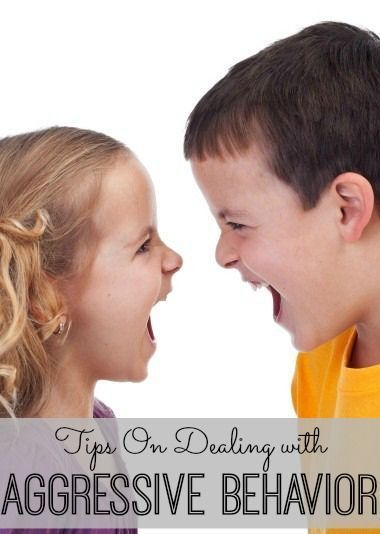 Do:
Do:
- Set clear rules and limits and make sure your child understands; sometimes a “refusal” to listen is really a lack of understanding.
- Use consistent, logical consequences. Kids need to know what to expect when they don’t listen.
- Listen to your child’s feelings and ask them kindly rather than in anger what’s going on. Acknowledge their side, and you can still follow through with a consequence.
- Treat kids with the same respect you expect from them.
- When you say yes or no or give an order, mean what you say and follow through with it. Inconsistency tells kids they don’t have to listen because you don’t mean what you say.
- Notice when they listen and cooperate. Reinforce good listening with praise rather than waiting to punish kids for not listening.
- Allow kids to have a second chance. Do-overs are great teaching tools. You show kids that they can put the brakes on in a negative situation, use coping skills to regroup, and start over in the right direction.

Each of these dos is about you guiding your child to help them become a better listener. Guidance helps your relationship by sending the message that you and your child are on the same side. They do have to listen and cooperate, and this way they’re more willing.
How to Discipline a Child Who Refuses to Listen: The Don’ts
Just as there are helpful things you can do when teaching your child to listen, there are actions to avoid doing. Don’t:
- Lecture your child about the broken rule and the lack of listening
- Dwell on them “never” listening, bring up the incidents constantly
- Punish them but instead give guidance and consequences
- Belittle your child or try to make them feel bad
- Add more punishments when one doesn’t work. You’ll end up with a power struggle and lots of punishments that don’t work.
- Try to be your child’s friend to get them to listen. They need a compassionate parent who gives reasonable limits and follows through.
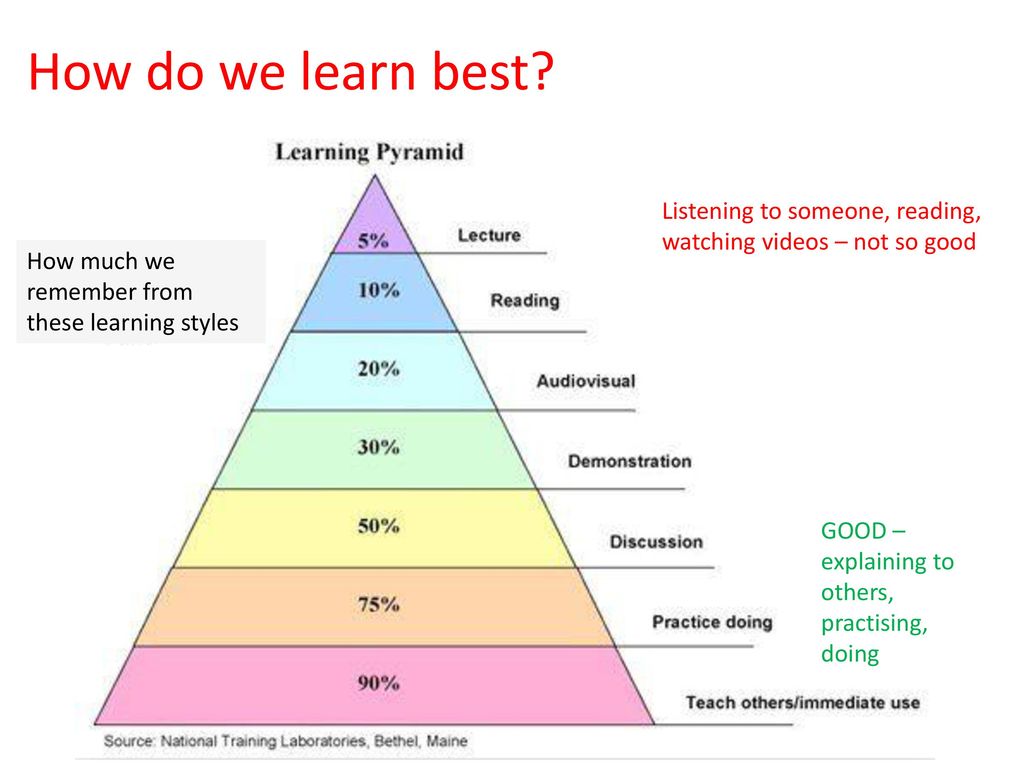
- Threaten or yell. Scaring and intimidating don’t encourage listening.
See: How to Discipline a Child Without Hitting or Yelling
Guiding and teaching your kids is a gradual and ultimately successful process. How to discipline a child that won’t listen involves setting clear limits and consequences and working with your kids to help them grow.
Finally, be a role model. Kids watch what parents do, so when we want them to listen, we must model how. Listen to your kids. Give them your full attention. When they ask you to do something, respond immediately. It comes back to connection and relationship. A big part of listening is about showing respect and caring—just like the process of teaching kids to listen.
article references
APA Reference
Peterson, T. (2022, January 11). Is There a Way to Discipline a Child Who Just Won’t Listen? , HealthyPlace. Retrieved on 2022, October 31 from https://www.healthyplace. com/parenting/discipline/is-there-a-way-to-discipline-a-child-who-just-wont-listen
com/parenting/discipline/is-there-a-way-to-discipline-a-child-who-just-wont-listen
Last Updated: January 16, 2022
Medically reviewed by Harry Croft, MD
More Info
Tips for Parenting with Borderline Personality Disorder
Getting Help to Deal with Aftermath of Suicide Attempts
Why Do Self-Injurers Engage in Self-Harm?
Who Has the Last Word? The Parent or the Child?
Helpful and Harmful Reactions to Disclosure of Sexual Abuse
Parenting Teens Who Have Addictions
What Are Child Behavior Problems?
How to Discipline a Child Without Hitting or Yelling
Tanya J. Peterson
Knowing how to discipline a child without hitting or yelling is a vital part of a parent’s toolbox for child-raising. There are numerous approaches to disciplining kids, but not all are equal in the results they accomplish. Some methods are ineffective while others are dangerous. Some are positive and effective. Learning how to discipline a child without yelling or hitting will help foster a strong, close relationship between you and your children.
Some are positive and effective. Learning how to discipline a child without yelling or hitting will help foster a strong, close relationship between you and your children.
The American Academy of Pediatrics (AAP) recommends against these discipline tactics:
- Spanking
- Hitting
- Slapping
- Threatening
- Insulting
- Humiliating
- Shaming
Many well-meaning parents resort to the above techniques out of frustration over their child’s misbehavior because they don’t know what else they can do. If that’s you or a friend or family member, you can reduce parenting stress by learning different discipline tools to replace mentally and physically damaging punishments.
Why You Shouldn’t Discipline a Child by Hitting or with Other Damaging Approaches
Parenting experts and organizations like the AAP state that physical (corporal), verbal, and emotional punishments should never be used. The reasons are sound. Hitting, spanking, yelling, and others listed above aren’t recommended because of their negative effects on kids.
Harsh punishments can cause physical injury and emotional harm. Kids learn to be afraid of their parents and that they must lie and avoid getting caught doing something they shouldn’t.
Hitting or spanking usually leads to aggression in kids and power struggles between parent and child. Hitting sends the wrong message to kids, teaching that hitting is okay when you’re upset. Further, they don’t learn positive skills they need to function at school and in society.
Another devastating result of yelling at or hitting your child is the damage it does to your relationship with them. This type of punishment doesn’t foster closeness, affection, or trust. You can regain a positive relationship with your child when you know what to do instead of using harsh discipline.
Learn How to Discipline a Child without Hitting or Yelling
Knowing what to do instead of hitting and yelling is the key to more effective discipline and an improved relationship with your child. There are numerous ways to discipline without hitting or yelling. These effective approaches to positive discipline, when used consistently over time, will help your child be more cooperative:
These effective approaches to positive discipline, when used consistently over time, will help your child be more cooperative:
Positive reinforcement. Positive reinforcement means seeing and acknowledging the good instead of waiting for misbehavior and punishing.
Redirecting. This involves diverting your child’s attention from something they shouldn’t be doing and steering them gently to something else.
Setting clear limits, boundaries, and rules. Kids need to know exactly what’s expected of them. They can’t follow rules or stick within limits if they don’t know what they are. If it is helpful, write them down and put them in a prominent spot.
Logical and natural consequences. In order to learn, kids must have clear and consistent consequences when they misbehave. When kids break a rule, follow through with a consequence right away so kids associate their behavior with the consequence. Also, consequences should be logical and fit the misdeed. Natural consequences are useful, too, because they let kids learn from their mistakes. For example, if your child left a book at home that he needs for school, you don’t have to rush it to them, nor do you have to yell at them when they come home. The natural consequence was not having the book to use.
Natural consequences are useful, too, because they let kids learn from their mistakes. For example, if your child left a book at home that he needs for school, you don’t have to rush it to them, nor do you have to yell at them when they come home. The natural consequence was not having the book to use.
Loss of privileges. Incorporating this tool into your clear discipline plan can be powerful in changing kids’ behaviors. Losing electronics for a day or the use of the car for a week impactfully teaches them not to repeat what they did.
Time Outs. Time outs aren’t for punishing. They’re to help kids calm down and reset. Whereas yelling and hitting evoke strong emotional reactions, time outs let kids cool down.
Ignore. You don’t have to call kids out for every little misdeed. When the transgression is minor, it’s okay to look the other way for the sake of maintaining a positive relationship.
Reward systems. Young children love sticker charts. They earn stickers for being or doing good, and when they earn a set amount, you reward them. Similarly, older kids often respond to token economics in which they earn tokens and can exchange them for bigger rewards.
Young children love sticker charts. They earn stickers for being or doing good, and when they earn a set amount, you reward them. Similarly, older kids often respond to token economics in which they earn tokens and can exchange them for bigger rewards.
Perhaps the most important ingredient in disciplining without yelling or hitting is seeing the big picture. Rather than looking at short-term punishments for behavior you don’t want, think about their character as they grow up. What do you want them to learn, and how do you want them to learn it? These questions underlie all the techniques that replace harsh punishments. When they’re high-functioning adults, your kids will be grateful for you and the way you taught and guided them.
See Also:
- Disrespectful Child: What Kind of Discipline Should You Use?
- Ways to Discipline Ungrateful, Spoiled Children
- Is There Such Thing as a Bad Child?
article references
APA Reference
Peterson, T.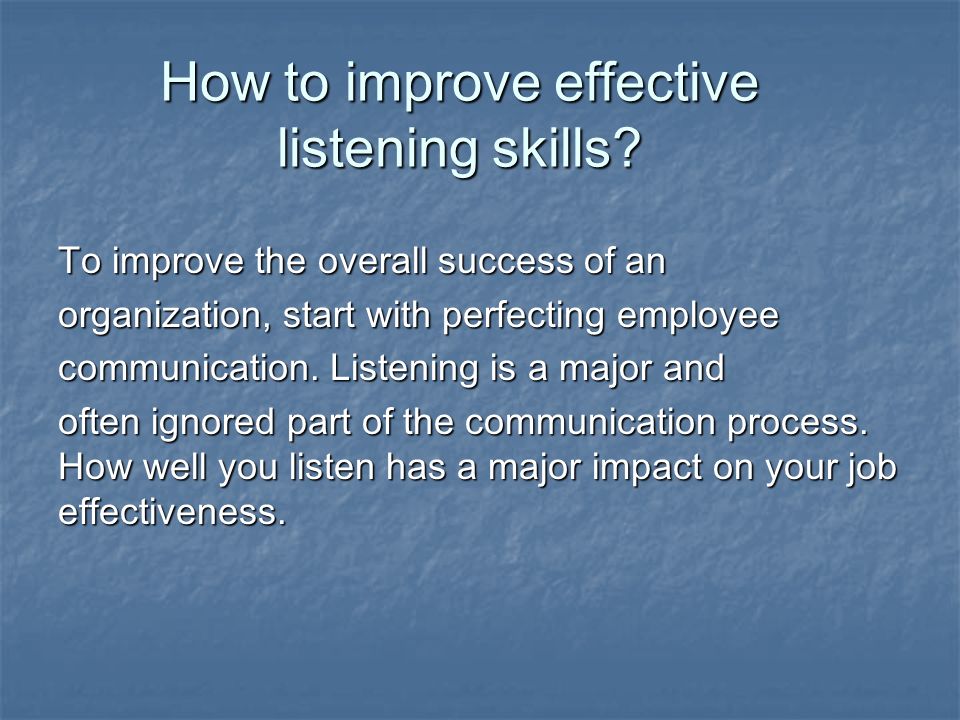 (2022, January 4). How to Discipline a Child Without Hitting or Yelling, HealthyPlace. Retrieved on 2022, October 31 from https://www.healthyplace.com/parenting/discipline/how-to-discipline-a-child-without-hitting-or-yelling
(2022, January 4). How to Discipline a Child Without Hitting or Yelling, HealthyPlace. Retrieved on 2022, October 31 from https://www.healthyplace.com/parenting/discipline/how-to-discipline-a-child-without-hitting-or-yelling
Last Updated: January 16, 2022
Medically reviewed by Harry Croft, MD
More Info
How to Know If Your Child Might Be at-Risk Online
Learning Disabilities Statistics and Prevalence
Helping Your ADHD Child Succeed in School
How to Discipline a Child Without Hitting or Yelling
The Myth of the Bad Parent
Does Your Kid Need Child Counseling for Divorce When You Split?
When Your Child Has an Eating Disorder: A Step-By-Step Workbook for Parents and Other Caregivers
What to do if a child does not obey his parents
Komsomolskaya Pravda
Dom. FamilyMom and babyMom and baby: Education and development
Natalia ANDREASSEN
November 16, 2018 2:04
Ways that allow you to get your child to listen to you without threats and shouting
Does the child seem not to hear you? Maybe you just don't know how to talk to him.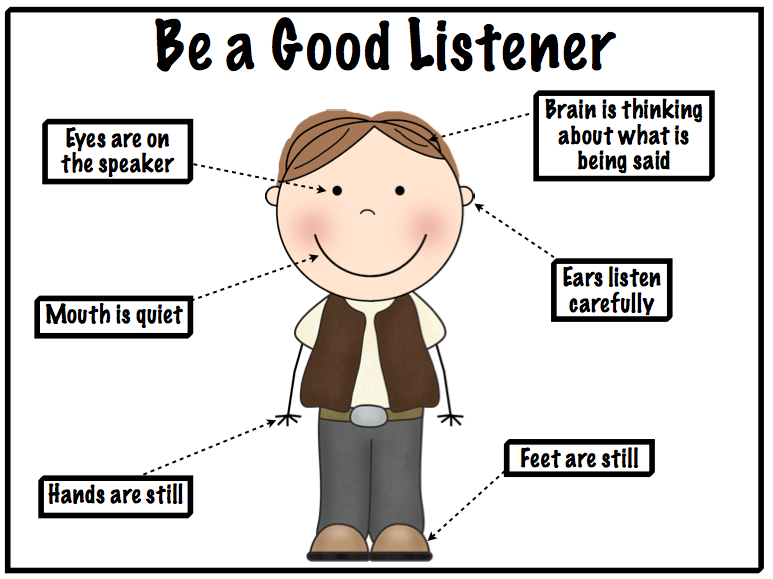 Photo: photo bank Lori
Photo: photo bank Lori
You've already jumped out of your skin, and your dear child still doesn't want to sit down for lessons, eat porridge or put away toys. There is no strength to persuasion, grabbing a belt or yelling is non-pedagogical ... How to make a child obey you? Advice is given by our expert - family and child psychologist, mother of three children Regina BESEDA .
1. Stop and think
- Before you make any movements towards the child, pause and think: what exactly do you not like right now? Turn emotions into words, clearly formulate a thought before starting a conversation.
- And if you still shout?
- When we speak in raised tones, information rarely reaches the addressee. There is such an expression in psychology - "ears are turned off." And vice versa, the protection system turns on: the child begins to resist or pretend that he does not hear us at all.
2.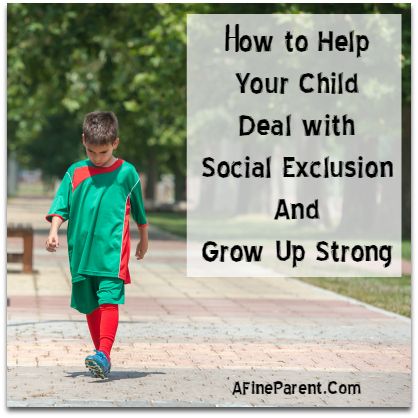 Talk eye to eye
Talk eye to eye
- You want your child to see your face. Clearly, with calm articulation, say what you want from him.
- Isn't it possible to talk without looking up, for example, from the stove?
- Everyone appreciates attention. If we adults talk with our backs to each other, that would be disrespectful, wouldn't it? Likewise, when you turn to a child, you show: yes, I have time for you. Then the child will not miss your requests and comments.
3. Do without "can't"
- We often use these words: "Don't do it! It is forbidden!" But there is a simple exercise for parents. Close your eyes right now and imagine an elephant. See? Now imagine the “not” particle. How she looks like? Letters? But before you is a child who cannot read. And does not know any letters! He thinks in pictures. Therefore, when we say "elephant", the child sees an elephant. And when we say "don't do ..." - the child omits the particle "not" and hears everything else. "Don't scream," he screams. "Don't run" - he runs.
"Don't scream," he screams. "Don't run" - he runs.
What to do? Instead of "can't" say "can", explaining what needs to be done in a particular situation. For example, your child ran across the street. Do not shout “no!”, but say: “You can only cross with your mother.” The child will remember this wording and will do so.
- And if he still does not respond?
- Alas, most often adults talk to a child either with orders (“Hush! Get up! Done!”) or with excessively frequent requests (“Speak more quietly, please”). But after all, you can respond to a request in different ways. And the child has the right to refuse to comply with it. If we ask the baby for something in a conflict situation, it should definitely not be a request. But it is not an order either - a rigid form of communication that violates personal boundaries.
- What to choose?
- Instructions. Instead of "do not run up the stairs - you will fall" we say "they walk calmly up the stairs. " And the child will automatically do it. If you repeat the threat “you will fall on the stairs”, the child will fix this and will certainly fall ...
" And the child will automatically do it. If you repeat the threat “you will fall on the stairs”, the child will fix this and will certainly fall ...
Psychologist Regina Beseda is a mother of three children herself. Photo: vk.com
in a fit of anger, the parents say to the child: “Vasya, finally put your toys away!” - starting with a name. Forget about this form! Why? Because a person should treat his name not as a punishment, but as an encouragement. Address somehow differently: "Baby, it's time to put away the toys, they want to go to the house."
But if you want to praise, use the name: “Yes, Vasya, you did a great job, you did it!” And fix your attention on this, finishing the discussion of the problem. And don't say: "Do you remember, you were afraid..."
5. Prohibition on blackmail
- Many people like phrases like "if you don't bring me slippers, I'll be offended by you." But such phrases indicate that we do not love our child with unconditional love.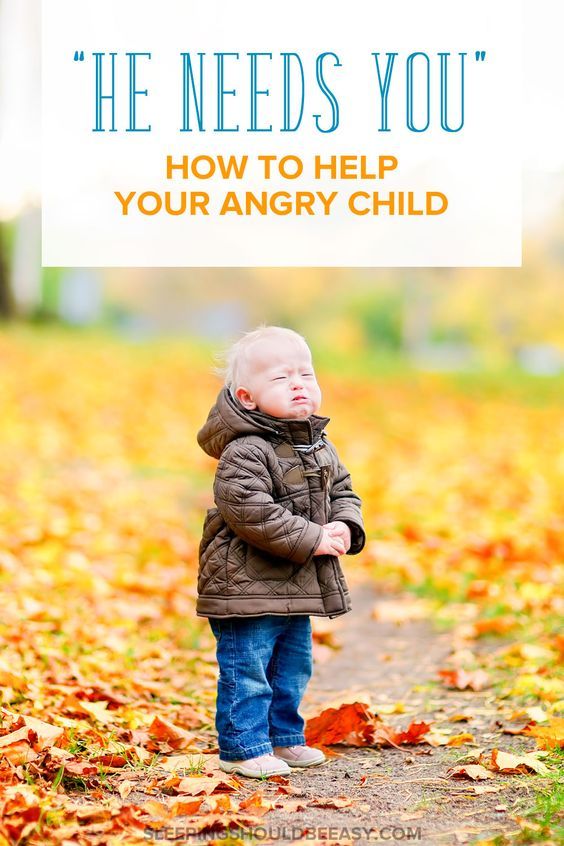 And if we do not want our children to blackmail us in this way when they grow up (“if you don’t buy a new phone, I’ll leave home”), don’t set a bad example.
And if we do not want our children to blackmail us in this way when they grow up (“if you don’t buy a new phone, I’ll leave home”), don’t set a bad example.
IMPORTANT!
When to punish...
Up to 2 years punishments are generally inappropriate. At this age, the child does everything that the adult tells him. It is enough to slightly change the intonation - and the baby will understand that he did something wrong.
If up to 2 years the period is lived quietly, then, as a rule, parents do not encounter either aggression or tantrums of the child. And if this happens, it means that he either starts to get sick, or has not had enough sleep.
From 2 to 3 years old - the age when the child just shakes the rights. The main thing here is the wisdom of parents: we monitor our speech speed, intonation - and the child will do what you ask him to do. There will be nothing to punish.
From 3 to 5 years - at this age it's time to teach your baby to live by the rules.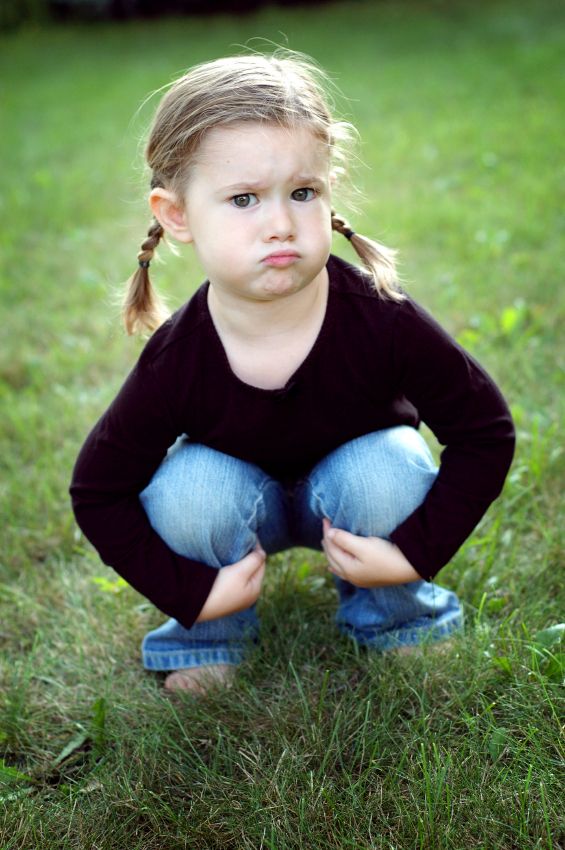 If you indulge a child in everything, he will grow up to be an egoist. Therefore, he must have some responsibilities. Say, put on your own boots. It's important that things work out. Therefore, let the shoes be not with laces, but with Velcro.
If you indulge a child in everything, he will grow up to be an egoist. Therefore, he must have some responsibilities. Say, put on your own boots. It's important that things work out. Therefore, let the shoes be not with laces, but with Velcro.
From 5 to 8 years - if the relationship with a child at this age is in crisis, you need to contact a psychologist, because he has already formed traditions and habits. And we need to understand where they came from.
...and encourage?
! A purchase cannot be an incentive. In order for a child to develop normally, feeling needed and loved, he must be stroked and caressed at least 8 times a day. But we can’t buy 8 cars or dolls a day! And remember: when a child has everything, he stops dreaming.
! Encouragement should be intellectual, reinforcing the child’s self-confidence: “What a good fellow, that you came up with this, how great you did it!”
! Your attention, which the child appreciates more than gifts, will also be a form of encouragement.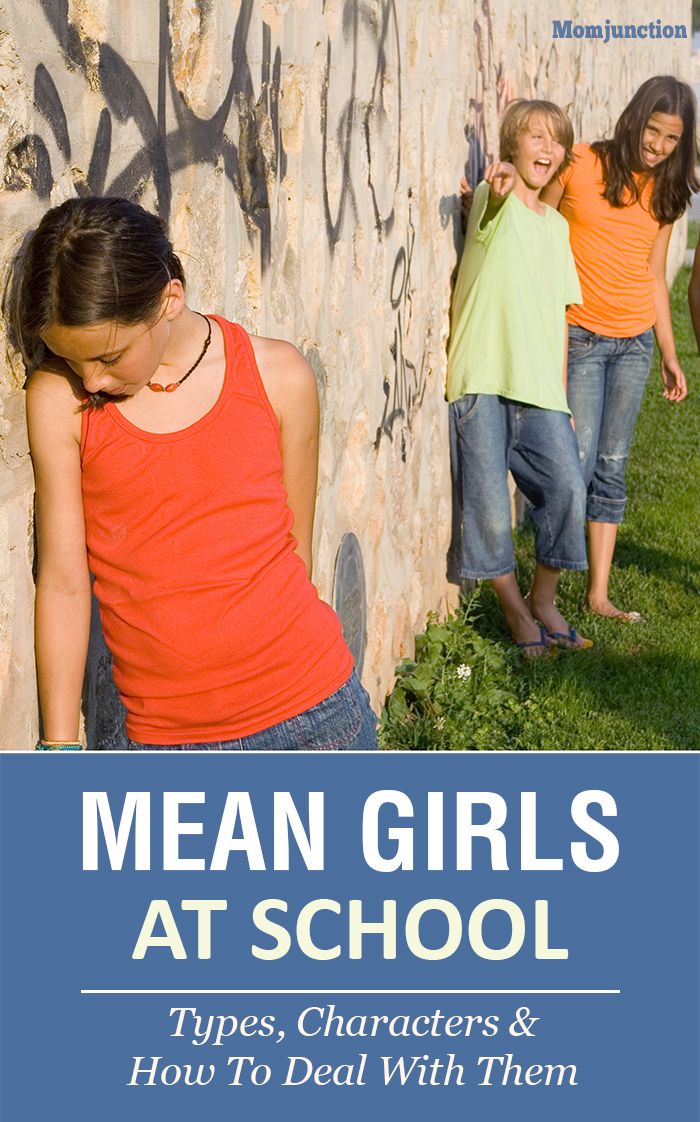 Say, for half an hour a day, you and your child read, lie on the floor on pillows, or walk. Or are you talking: how do dolls live? Or how are things in the garage? Maybe the cars should be taken to the car wash - to the bathroom? And the child will be grateful for such high-quality communication.
Say, for half an hour a day, you and your child read, lie on the floor on pillows, or walk. Or are you talking: how do dolls live? Or how are things in the garage? Maybe the cars should be taken to the car wash - to the bathroom? And the child will be grateful for such high-quality communication.
USEFUL EXERCISE
We train and switch attention
Is the child distracted? You have to train your attention. For example, an adult offers a game on the street: name everything yellow that you see around. And the child learns to focus only on yellow: a car, a passer-by's clothes, leaves... Such training also helps in conflict situations. When we say, for example: let's see which eye you have more tears - from the right or from the left? The child switches: is it true, from which one? And now he doesn't cry anymore.
Age category of the site 18+
The online publication (website) is registered by Roskomnadzor, certificate El No.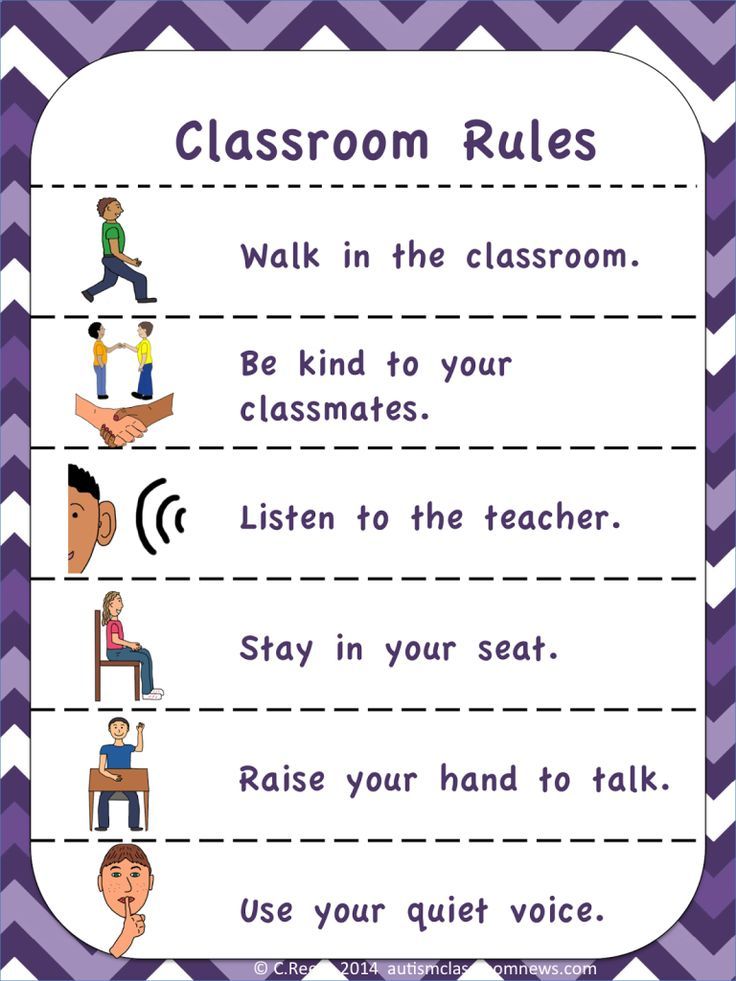 FS77-80505 dated March 15, 2021
FS77-80505 dated March 15, 2021
I.O. EDITOR-IN-CHIEF - NOSOVA OLESIA VYACHESLAVOVNA.
I.O. chief editor of the site - Kansky Viktor Fedorovich
Messages and comments from readers of the site are posted without preliminary editing. The editors reserve the right to remove them from the site or edit them if the specified messages and comments are an abuse of freedom mass media or violation of other requirements of the law.
EDITORIAL AND REGIONAL ISSUE PUBLISHER "MODERN MEDIA" LLC. Address: 241050, Bryansk, st. Fokina, 108a. PHONES: director - (4832) 30-90-35, editorial office - (4832) 30-90-37, advertising - (4832) 30-90-36. General Director - V.V. Kiselev, Editor of KP-Bryansk - V. V. Kiselev, E-mail: [email protected]
Exclusive rights to materials posted on the website www.kp.ru, in accordance with the legislation of the Russian Federation for the Protection of the Results of Intellectual Activity belong to JSC Publishing House Komsomolskaya Pravda, and do not be used by others in any way form without the written permission of the copyright holder.
Acquisition of copyright and contact with the editor: [email protected]
What to do if a child does not obey parents . But frequent disobedience, ignoring requests and comments, screams and tantrums - this is an occasion to think about the reasons for such behavior. Is it gaps in upbringing, a protracted reaction to stress, a personality crisis, or an attempt to attract attention? In our article, we will talk about why children do not obey, and how to behave to parents in order to correct the situation, maintaining a close and trusting relationship with the child.
Behavior we call bad can have many causes. Each child is an individual, he has his own special character, habits and reactions. However, some general patterns can be identified that explain why children behave contrary to generally accepted norms.
Age crises
The child grows, matures, from unconditional submission to the authority of the parents comes to the realization of himself as a separate person. There is a critical attitude to the requirements of adults, attempts to shift the boundaries of what is permitted. In such critical periods, it is important for parents to understand that this phenomenon is temporary, to try to help the child survive a difficult time. At the same time, one should not rely only on the attitude “this is age-related, it will outgrow”, it is important to continue the educational process and not ignore the problems that arise.
Crisis of three years. One of the most difficult periods of a child's life, when the baby is separated from the mother, a stormy surge of independence and the desire to establish oneself in the world as a separate being with its own desires, likes and dislikes. The kid really wants to do everything himself, but he does not always succeed, besides, parents do not allow everything for objective reasons, the understanding of which is not yet available to the child. The reactions of the child in such situations are usually stormy, with screams and tears, often with hysteria, stamping their feet and trying to fight, he becomes stubborn and angry.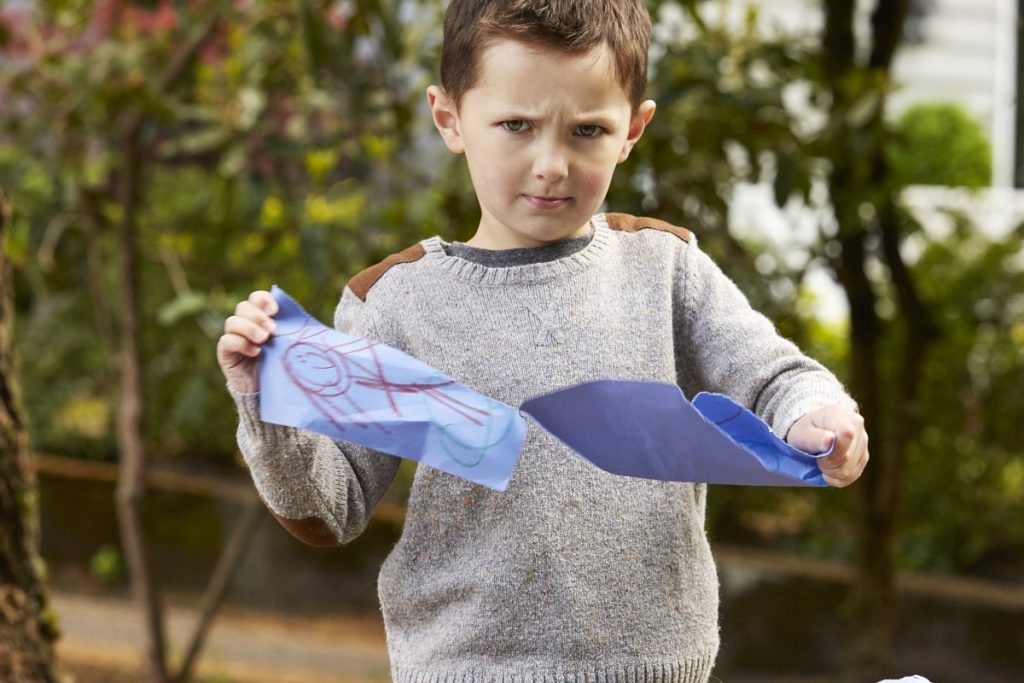 Parents during a crisis should be calm and cool, not succumb to children's provocations and clearly outline the boundaries of what is permitted. At the same time, it is imperative to show the child that he is loved, listened to and accepted as a person.
Parents during a crisis should be calm and cool, not succumb to children's provocations and clearly outline the boundaries of what is permitted. At the same time, it is imperative to show the child that he is loved, listened to and accepted as a person.
Crisis of seven years. Seven years - the moment of transition from preschool to the beginning of schooling. This is a big change for a child, he can experience serious stress, parting with his usual way of life, from games to full-fledged learning. On the one hand, a newly-made student feels like a completely grown-up and longs for an appropriate relationship, on the other hand, it is difficult for him to reorganize, to come from the carelessness of the preschool period to greater responsibility and organization. Children in a time of crisis may grimace more, try to imitate adults in behavior and reasoning, painfully perceive criticism, be rude and argue on any occasion. It is important for adults to gradually reduce the level of guardianship and control, allowing the child to make decisions and make mistakes.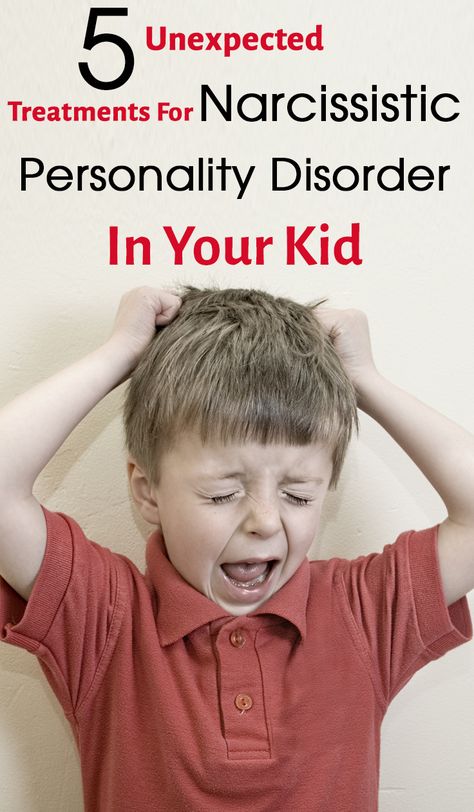 Be interested in his life and feelings, respect his opinion, support him. Along with new responsibilities, give your child more freedom.
Be interested in his life and feelings, respect his opinion, support him. Along with new responsibilities, give your child more freedom.
Teen crisis. The very "transitional age" that scares a lot of parents. A teenager is not yet an adult, but is no longer a baby, unquestioningly obeying his parents and obeying the rules. Your child learns to be a person, show character, argue, be rude and constantly test their parents for strength. This is a period of self-identification and assertion of one's individuality and one's special place in the world. Therefore, parents need, on the one hand, to accept the inevitable maturation and the already practically formed character of their child, on the other hand, not to lose their authority, to determine the boundaries of behavior that should not be crossed. A teenage protest can be very violent, but if the family has a trusting and warm relationship, there is respect and support, then you can always negotiate with your children.
Why children do not obey
In addition to age-related crises, there are many reasons why a child can behave badly and disobey their parents.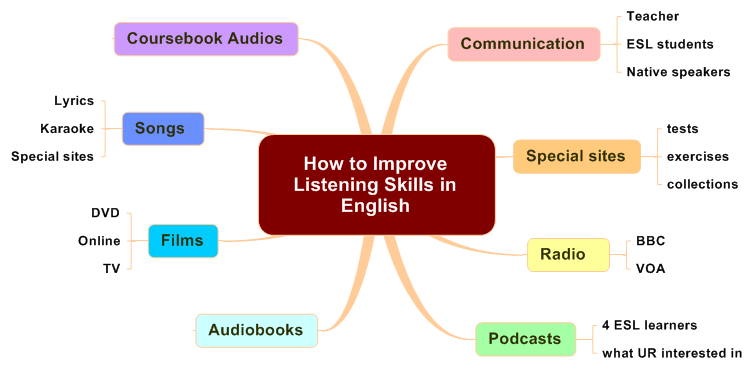 Here are the most common ones:
Here are the most common ones:
- Physical condition. If a child is hungry, tired, hurts and uncomfortable, this can provoke whims, stubbornness and disobedience. Very young children are sometimes even unable to understand for themselves what is wrong in their feelings, but even a schoolboy can snap or refuse to fulfill a request if, for example, he has a headache.
- Resentment. The child wanted to show or tell something very important to him, but he was brushed aside? Or did they not believe his version in a conflict situation and were unfairly punished? Even a joke spoken out of place or a careless phrase can cause a rather strong reaction, and an offended child will not want to obey those who caused him negative emotions.
- Lack of attention and love. It often happens that children who do not feel loved, important and significant for their parents, try to attract attention by any means. The child behaves defiantly, his whole behavior says "notice me, I'm here. "
– Family conflicts. When the atmosphere at home is tense, there are constant quarrels and showdowns, the child, by his behavior, will try to remind his parents that they have forgotten about him, plunging into a conflict with his head. Some children even feel guilty about parenting problems, and this feeling can also result in pranks and unsightly acts.
– Too strict. Too many prohibitions and punishments lead to the most natural outcome for the child - to rebellion against restrictions. The child is trying to feel at least a little freedom, to do something out of spite. This “struggle for independence” is especially stormy if most of the prohibitions are not justified or explained in any way.
– Permissiveness. Reverse side of the medal. You should not both prohibit the child absolutely everything, and choose the absence of any restrictions. Some "don'ts" must exist in the family in order to avoid spoilage and debauchery. Allowing something does not mean indulging in everything, and forbidding does not mean becoming a tyrant and despot.
- Inconsistency in the actions of adults. If parents cannot agree on what is allowed and what is not, make different, conflicting demands and claims to the child, his confusion and throwing between two fires can cause disobedience and behavioral problems. Even more unpleasant consequences will cause punishment by one of the parents for those actions that the other allowed and approved.
- Jealousy. Quite often, older children in the family where the newborn appears begin to behave badly. If the child was not ready for such changes in life or feels deprived of parental love and attention because of a new family member, he may stop obeying, being capricious and demanding more attention to himself.
Let's talk about typical examples of bad behavior in children. Unwillingness to obey parents and fulfill their requests or demands can look different, and parents need to understand how to respond and what to do in each situation.
Dangerous behavior
Probably almost every parent at one time encounters the fact that a child commits dangerous acts that can lead to unpleasant, and even tragic consequences. Children grab sharp objects, suddenly stop in the middle of the road, climb onto the top shelf of a closet, and so on. This happens because a small child cannot yet fully understand what danger and pain are, build logical connections. Cursing is pointless - from the point of view of the child, he does not do anything wrong. Behavior associated with a threat to the life and health of a child is an area in which strict limits and unconditional obedience are necessary.
Children grab sharp objects, suddenly stop in the middle of the road, climb onto the top shelf of a closet, and so on. This happens because a small child cannot yet fully understand what danger and pain are, build logical connections. Cursing is pointless - from the point of view of the child, he does not do anything wrong. Behavior associated with a threat to the life and health of a child is an area in which strict limits and unconditional obedience are necessary.
What to do?
- Choose a signal word that will indicate a categorical prohibition and an immediate cessation of all activities. This, for example, can be the word "dangerous" or "stop". It’s better not to use “no” - the child hears this prohibition quite often, for emergency situations you need a special sign. The signal word should evoke a reflex response, leaving no time for reflection.
- Show how the violation of the prohibition and the negative consequences of this violation are related.
 Detailed, age-appropriate explanations and the ability to easily experience what disobedience leads to. Children should not be allowed to play with knives and matches, once lightly pricked on a needle, they will perfectly understand what happens if they ignore the danger signal.
Detailed, age-appropriate explanations and the ability to easily experience what disobedience leads to. Children should not be allowed to play with knives and matches, once lightly pricked on a needle, they will perfectly understand what happens if they ignore the danger signal. - Be calm, even cool. The child exposes himself to danger unconsciously or tries to cause fear and sympathy of adults, do not give free rein to emotions and fear. By showing how much you fear for the child, you may unwittingly frighten and disorientate him or encourage him to continue risky behavior. And on the contrary, your calmness will save both yours and children's nerves and health.
Children protest
Protest behavior is typical for children of all ages, but it is especially pronounced at 3-4 years old, when the child's immediate reactions to requests or prohibitions are expressed by screaming, hysteria, loud indignant refusals. The child, as it were, is trying to prove to adults that he is already completely independent, understands everything better, and what his parents ask for, for example, to brush his teeth or get dressed, is something not worth attention.
What to do?
- Again, it's best to calm down first. If the child is just too nervous and gushing with emotions, it will be easier for a parent who thinks soberly and judiciously to figure it out. Having witnessed a tantrum, do not be nervous and do not wind yourself up - sometimes it is generally better not to pay attention to tears and screams, only making sure that the child does not hurt himself until the hysterical attack is over.
- Think about whether it is important for you to emerge victorious. If the point is, what color of trousers to go to kindergarten, yellow or red, let the child choose for himself - in the end, these are his clothes and personal taste.
- Even if a child is on the verge of a mistake, it is not always useful to forcibly protect him from it, causing a rebellious mood. Let the child do something wrong, get his own bumps and gain useful experience. Do not read moralizing after the child has made the wrong decision - he already understood who is right, it is better to support him and talk about how to avoid such mistakes in the future and whether it is better to listen to adults sometimes.

Disturbing behavior
The child has not yet learned or ignores the rules of behavior in public places. He runs, crashes into other people, talks loudly, kicks the backs of the seats of people sitting in front in transport, and much more. Most often this happens if the parents did not fully foresee what might happen, and the preparation of the child for the fact that other rules and frameworks apply outside the home was not very successful.
What to do
- All lectures and showdowns - then, at home, unacceptable behavior must be stopped. Remain calm, ask the child to stop several times, briefly and logically explain to him the reasons why this should not be done, for example, “Do not smear ice cream on the carpet, it will be dirty and sticky, and it will be unpleasant and difficult for the person who starts washing it” .
- Talk to your child before you go somewhere or go, what you can and cannot do there. Inspire him that being an adult is, among other things, behaving accordingly to the situation, without causing inconvenience to others.

- If a child is too naughty, sometimes it is worth taking him away. It’s better to let the movie go unwatched, or the bus trip will be delayed due to a transfer, it will even be useful for children to understand what disturbing behavior leads to.
Ignore
Sometimes you get the feeling that your child has declared a boycott. He behaves as if his parents do not exist, he does not listen to their requests and does not do what he is asked to do. This can happen for two reasons: the child is either so withdrawn into himself and preoccupied with his thoughts or fantasies that he simply does not hear and does not perceive what is being said to him; or it is another manifestation of protest, a demonstration of resentment or discontent. In the first case, ignoring may indicate that the child is gifted and thinks in several directions at the same time, or about possible problems with concentration or other problems. Demonstrative behavior shows that relations in the family, for some reason, have somewhat gone wrong.
What to do
- First of all, you need to establish contact with the child, get an answer from him. In case of thoughtfulness and absent-mindedness, this step and the repetition of the question or request will be enough to “turn on” the child's reaction back. If such situations are repeated regularly, it probably makes sense to consult a neurologist and a psychologist.
- Look for an opportunity to involve the child in a conversation in order to find out in the process what are the reasons for not wanting to communicate, to answer parents. Show that you really care about what is happening, that you want to find an opportunity to help and support your children.
- Expression of protest in the form of ignoring is typical for older children - think about giving the child a little more independence, letting him know that his opinion in the family is taken into account and has weight.
Demand to give what they want immediately
Young children can make a scene to get their parents to buy a toy or sweet they like. The child screams, cries, falls into hysterics and demands that he be sure to give way. This phenomenon can be considered age-related, since as they grow older, such cases occur less and less until they stop altogether.
The child screams, cries, falls into hysterics and demands that he be sure to give way. This phenomenon can be considered age-related, since as they grow older, such cases occur less and less until they stop altogether.
What to do
- The youngest children can usually be distracted by something bright and interesting, and when their attention shifts, the children themselves may not remember that a minute ago they tearfully begged for something.
- You can talk with older children and come to a compromise. Ask why the child wanted this thing so much, why he needs it. If it's an expensive toy, suggest less expensive alternatives, or arrange to buy it for your birthday or New Year's. Naturally, if you promised, then keep your word. Having lost the trust of a child, it is very difficult to win it back.
There may be many cases in your life when children will not obey you. And each time you will need to delve into and figure out why this happens, and what you can do both at the moment of bad behavior to stop it, and later - to prevent such situations from happening again. Here are some more tips for parents of naughty children.
Here are some more tips for parents of naughty children.
- Take control of your emotions. “Learn to dominate yourself,” wrote the classic, and he was absolutely right. You, as an adult, must control yourself in any situation. It does not know to be indifferent or not to express your feelings, but your task is not to succumb to momentary impulses, not to become a victim of childish manipulation or provocation. Calmness and kindness are your main tools for dealing with your child's behavior problems.
- Lead by example. It is difficult to force a child to do something if he sees that his parents do not follow the principles that they inspire him. Remember that children copy your behavior, and be a model for them of what you want to see in them. If a child sees that parents behave aggressively in society, forget about politeness, or simply react violently to some unpleasant situations, he will adopt this behavior, despite all the explanations and educational conversations.
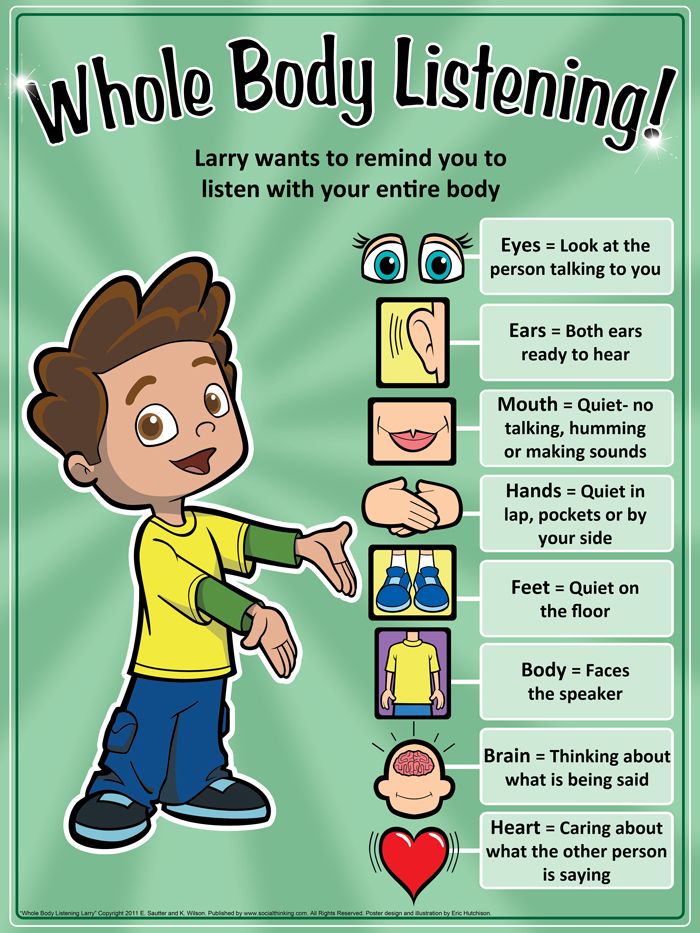
- Be consistent. Do not give contradictory instructions so as not to confuse the child. If you promise something, keep it, and this applies to both rewards and punishments. A child will not obey a person who does not back up his words with actions.
- Praise your child more. It often happens that, scolding for misconduct, analyzing in detail children's missteps, parents forget to praise the child for his luck, for good deeds and deeds. It is not surprising that in order to receive at least some feedback from adults, the child begins to behave inappropriately. Praise using specifics: it’s better not just to say “You are so good!”, But to focus on what the child did: “I’m glad that you put your toys away yourself, now the room is in order, and I have more time to play with you ".
- Approach prohibitions wisely. There should be few categorical “no” in your life, and in all cases they should relate to the safety and health of children. Everything else should be discussed and explained.
 A lot of prohibitions and restrictions at every step encourages the child to break them more often. Give the child arguments, tell why it should be so, and not otherwise. If possible, offer a compromise. This will significantly reduce the number of reasons for punishment.
A lot of prohibitions and restrictions at every step encourages the child to break them more often. Give the child arguments, tell why it should be so, and not otherwise. If possible, offer a compromise. This will significantly reduce the number of reasons for punishment. - Listen to your child. Let him talk about the situation from his point of view, find out what provoked bad behavior and disobedience. Calmly and reasonably explain why the child is wrong, and what should be done in the future.
- Communicate more. Show sincere interest in your child's hobbies, talk to him, spend more time together. If the child knows that you will always listen to him, take his problems seriously, he will not need to additionally attract attention with non-standard behavior.
Most importantly, take the child as a person, treat him with respect, consider his opinion. Try to keep the children's trust in you, and, in turn, do not be afraid to trust them yourself, provide more freedom as you grow up and let's make our own decisions.







